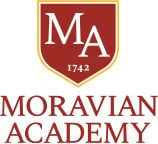Defining Excellence for Yourself: A Conversation with Kristin Arend, PhD '92MA
Kristin Arend, PhD '92MA is a special kind of environmental steward.
As a fish biologist for the Bureau of Reclamation in California, she is a careful overseer of the water, protector of the delicate ecosystems and fish populations of The Delta, and a trusted advisor of water operations from the biological perspective.
Her interest in aquatic ecology began as far back as her Upper School years at Moravian Academy. "It was not a surprise to my friends from Moravian that this is the direction I headed," she says. She remembers fishing on a lake in the Adirondacks and being fascinated by the water. Her curiosity blossomed into a deeper desire to understand the "land to water connection" and the impact of humans on aquatic systems.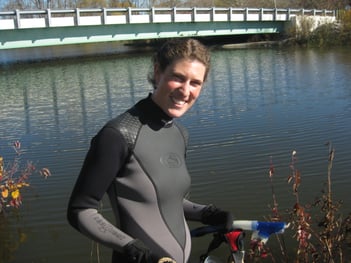
After graduating in 1992, Arend attended Oberlin College where she majored in biology. She then took a few years to explore the different avenues her career could take before receiving a master's degree from Ohio State University studying larval fish and their diets, sparking her interest in aquatic food webs, which then became the focus of her research in a PhD program at Cornell University—specifically fish and food webs in the coastal wetlands around Lake Ontario.
Arend spent some time teaching biology and conservation classes at a small university in Michigan, and while she loved working with students, she missed being in the field. After teaching, she spent seven years as the head of the research program at Old Woman Creek National Estuarine Research Reserve on Lake Erie.
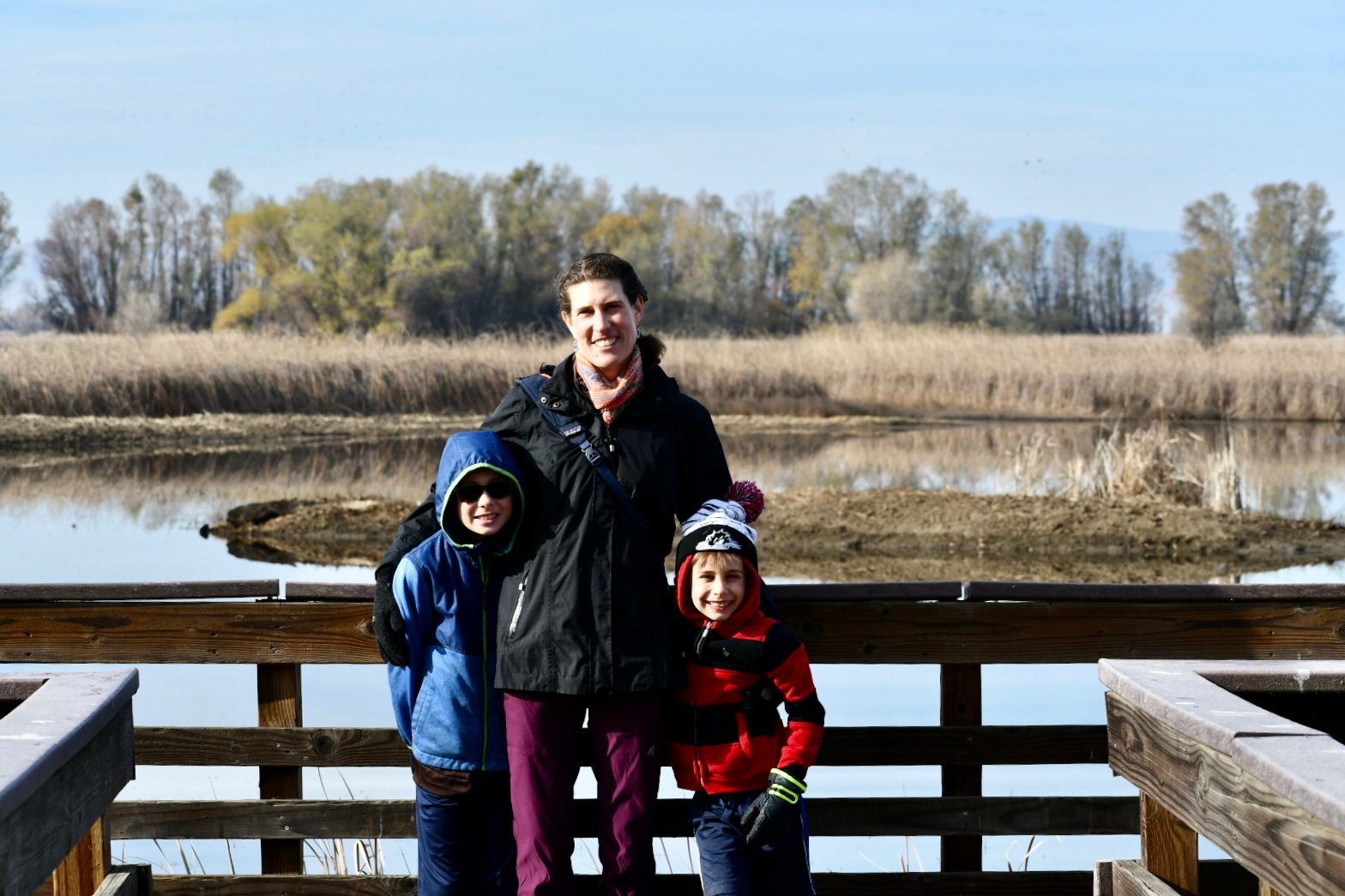
Now that she is in California at the Bureau of Reclamation, Arend works on what's called The Delta, which is the upper portion of the San Francisco Bay Estuary. Reclamation is the largest wholesaler of water in the country with a mission to "manage, develop, and protect water and related resources in an environmentally and economically sound manner in the interest of the American public." There, she works to ensure the Bureau is compliant with environmental and endangered species and marine mammal act protections. She explains:
For some of my work during parts of the year, we do what's called real time operations management. Every week we're looking at information on the populations of endangered fish species in the Delta and where they are in their life history. Are they migrating through the estuary? Are they spawning? Are there larva out there? And then we look at that and consider it in the context of water operations.
The idea is to adjust the amount of water being pumped in order to reduce harm done to fish and other organisms that might get sucked toward or into the pumps. Arend also considers how water operations might impact the occurrence of toxic algae blooms, and how water extraction impacts the ecosystem and endangered fish species.
The research, however, is only one side of her job. She's also a negotiator. Through a process called "structured decision making," Arend collaborates with state and federal agencies to decide how best to allocate water within the Delta to improve the habitat and food web.
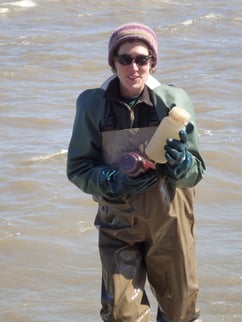 In her career, Arend sees excellence as maintaining scientific integrity, focusing on solutions as opposed to problems, fostering strong and positive collaborations and working relationships, and providing guidance and opportunities to students and early-career professionals. When asked what advice she has for current MA students, Arend doesn't hesitate. "Find your own path," she says. "Define excellence for yourself. Don't feel pressure to fit into some societal or discipline-specific definition of excellence."
In her career, Arend sees excellence as maintaining scientific integrity, focusing on solutions as opposed to problems, fostering strong and positive collaborations and working relationships, and providing guidance and opportunities to students and early-career professionals. When asked what advice she has for current MA students, Arend doesn't hesitate. "Find your own path," she says. "Define excellence for yourself. Don't feel pressure to fit into some societal or discipline-specific definition of excellence."
As clear as the lake water that first ignited Arend's curiosity of aquatic wildlife, her path to excellence was one that always seemed to lead toward being a protector of the fish and their ecosystems.


 myMA
myMA

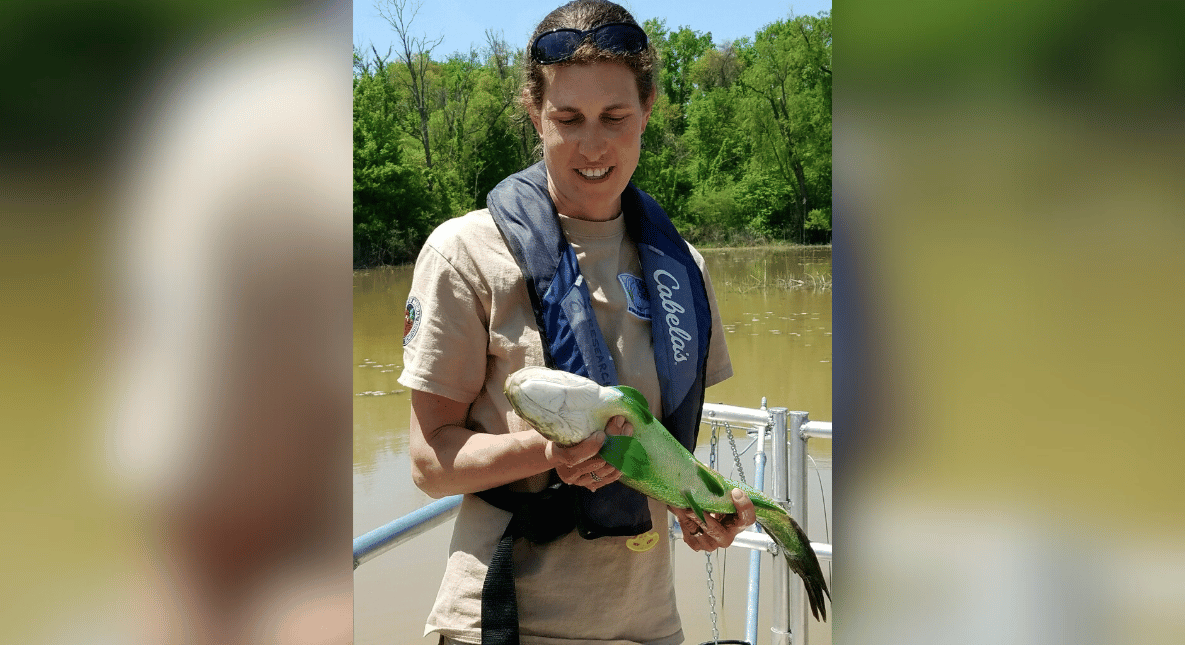



.png)
